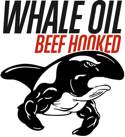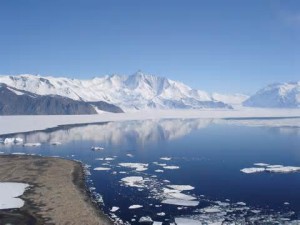[vimeo 55642398 w=480]
This guest post is by professor Peter Barrett, executive producer, and Suze Keith, marketing advisor for Thin Ice.
Scientists can tell human stories about climate change, and a group of us have been working on just that for the last few years. We’ve produced a film — Thin Ice – the inside story of climate change — which follows a scientist, geologist and camera buff Simon Lamb, who is concerned at the flak his climate science colleagues have been taking.
Simon travels from the Antarctic to the Arctic. He listens to scientists talk about their work, hopes and fears, and discovers how the astonishing range of research really does fit together. By the end there are just two messages – that our ultimate goal should be zero carbon emissions (in line with the latest IPCC report), and that science really does work. As paleoclimatologist Dave Harwood says to young people at the end of the film:
Don’t be scared by this thing. Come and join in our effort. Be the best scientists and engineers you can, and we’ll deal with it.
Continue reading “Thin Ice: what polar science is telling us about climate”

 In which I pull together the strands of the recent bad news from Antarctica and Greenland, and lament the loss of the coastline we all grew up with — no longer a theoretical possibility but a long term certainty. Check out
In which I pull together the strands of the recent bad news from Antarctica and Greenland, and lament the loss of the coastline we all grew up with — no longer a theoretical possibility but a long term certainty. Check out  New Zealand’s
New Zealand’s 
You must be logged in to post a comment.